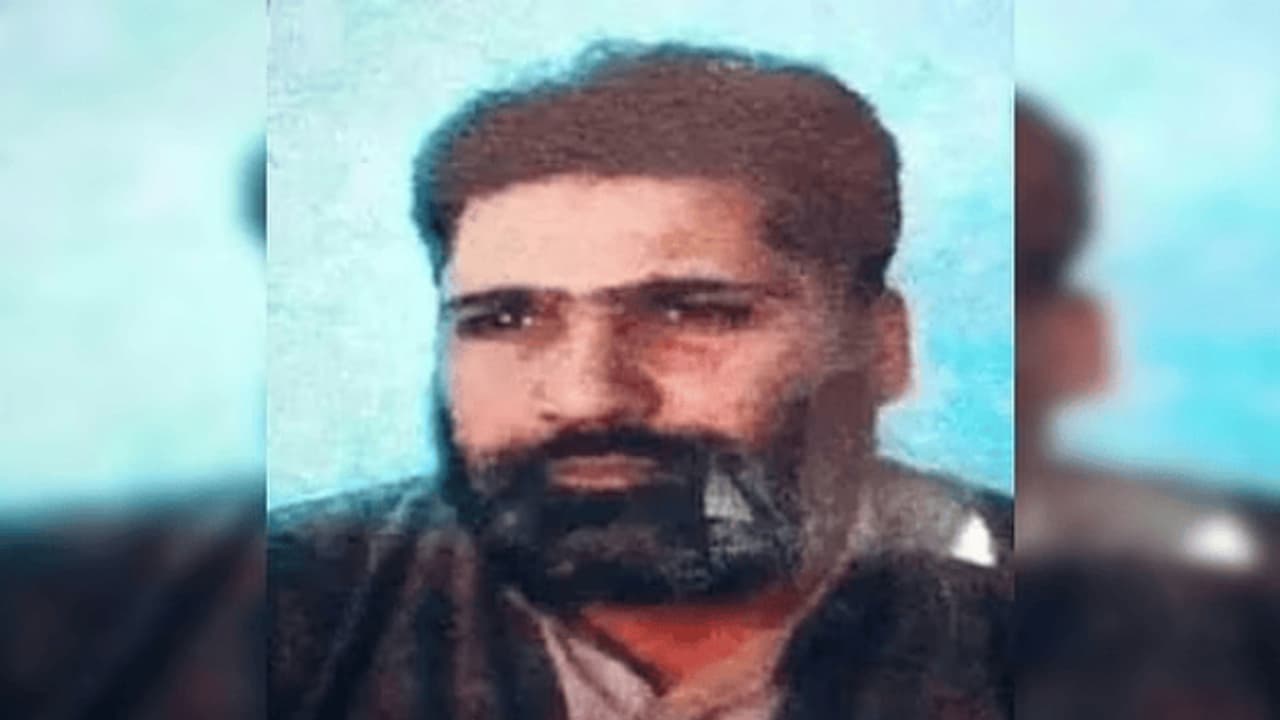Sheikh Sajjad Gul, mastermind of the Pahalgam terror attack, has links to Karnataka and Kerala. Now hiding in Pakistan under LeT protection, Gul was educated in India before turning to terrorism and leading TRF operations from 2019.
Bengaluru: Sheikh Sajjad Gul, the alleged mastermind behind the brutal April 22 Pahalgam terror attack that killed 26 civilians, has long-standing ties to India’s southern states before becoming a key figure in the Pakistan-backed terror group Lashkar-e-Taiba (LeT).

Gul, who also goes by Sajjad Ahmed Sheikh, studied in Srinagar and later pursued higher education in Karnataka and Kerala. He earned an MBA in Bengaluru and completed a lab technician course in Kerala. After returning to Kashmir, he opened a diagnostic lab that was allegedly used to provide logistical support to terror networks.
According to Indian intelligence officials, Gul is currently hiding in Rawalpindi, Pakistan, under the protection of the LeT and serves as a critical asset to Pakistan's Inter-Services Intelligence (ISI). He is believed to be leading The Resistance Front (TRF), a proxy outfit created by LeT to present a local façade to its cross-border terrorism in Kashmir.
Gul was designated a terrorist by India’s National Investigation Agency (NIA) in April 2022 and carries a ₹10 lakh bounty on his head. Investigators have traced communications related to the Pahalgam massacre back to him, confirming his central role in orchestrating the attack.
Sources reveal that during the Pahalgam attack, the gunmen interrogated tourists about their religion before executing 25 of them at point-blank range. A local guide who tried to shield the tourists was also shot dead.
Gul’s involvement in terrorism dates back more than two decades. In 2002, Delhi Police arrested him at Nizamuddin Railway Station with 5 kilograms of RDX. He was reportedly conducting reconnaissance for planned bombings in the capital. He was convicted and sentenced to 10 years in prison in 2003. After his release in 2017, Gul moved to Pakistan, where he was recruited by the ISI to head TRF in 2019, part of Pakistan’s broader strategy to mask its terror operations behind local-sounding groups, especially after international backlash following the Pulwama attack.
In addition to his own activities, Gul’s family has militant ties. His brother, formerly a doctor at Srinagar’s Shri Maharaja Hari Singh Hospital, became a militant in the 1990s. After fleeing to Saudi Arabia and later Pakistan, he is now reportedly engaged in terror financing through contacts in the Gulf.
Indian authorities say Gul remains a top target as counter-terror operations continue under the broader framework of Operation Sindoor, launched in response to the Pahalgam massacre.


